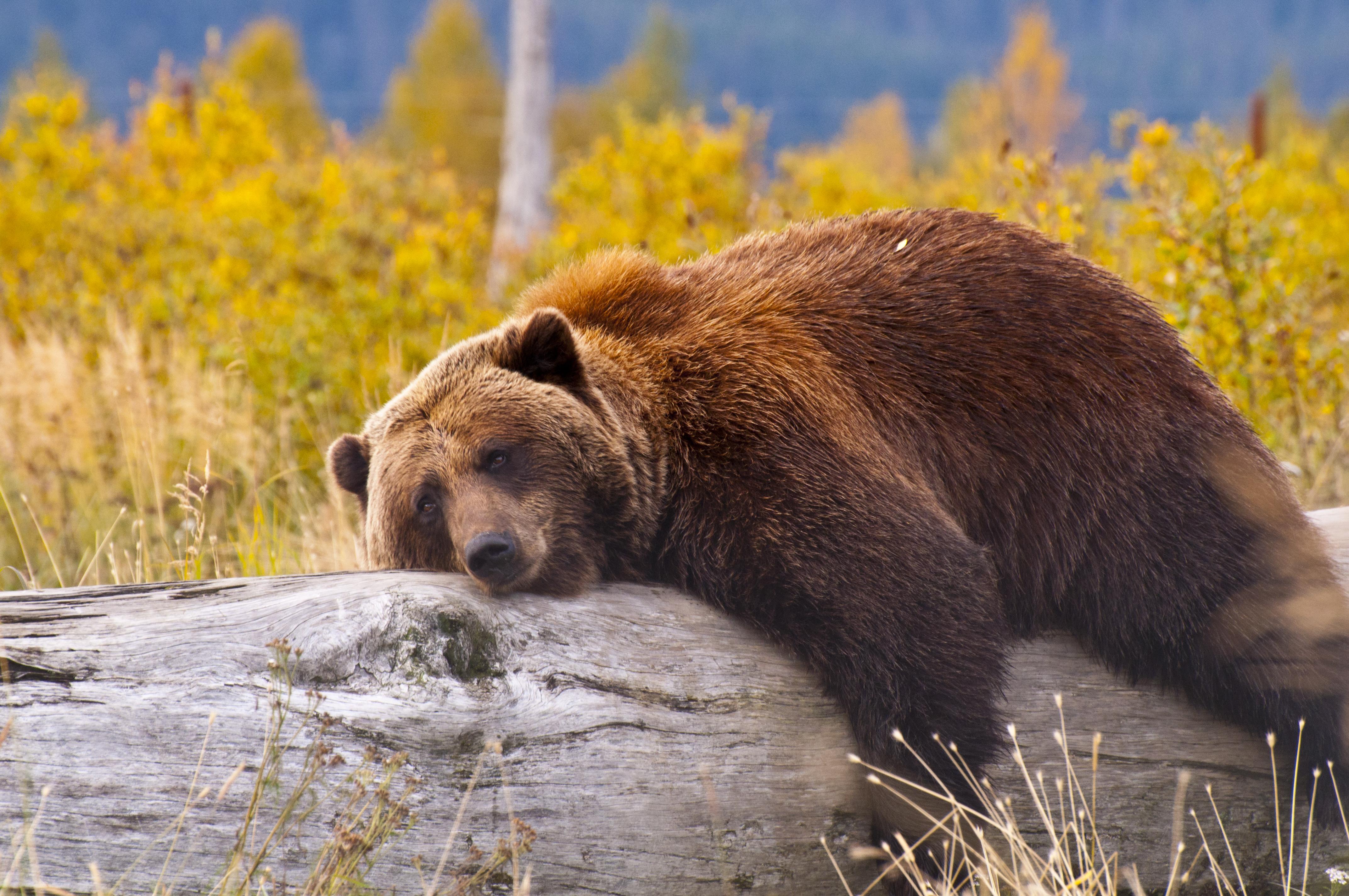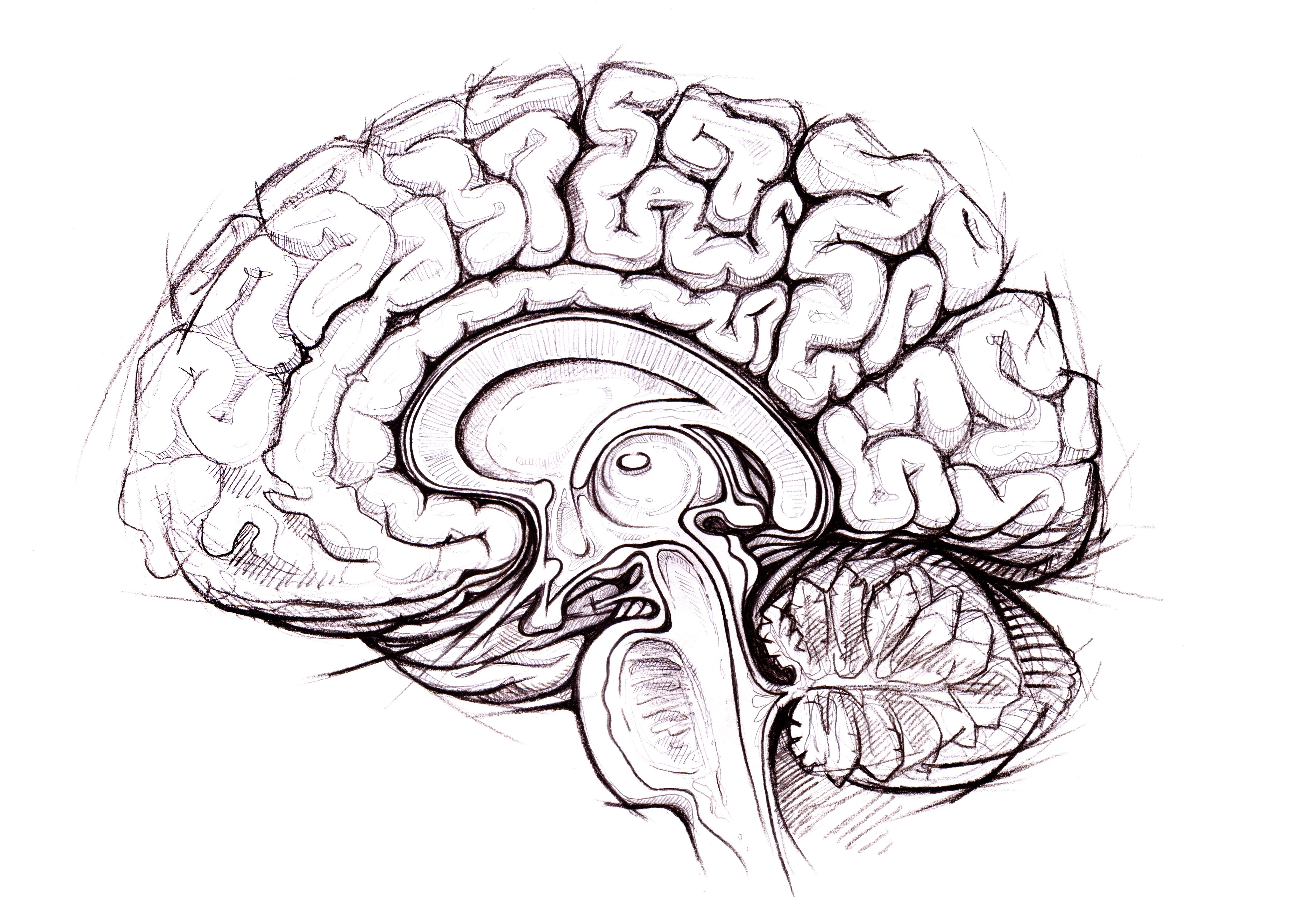Orion Jones
Managing Editor
Get smarter, faster, for success in the knowledge economy. Like us on https://t.co/6ZFWKpoKLi or visit https://t.co/d7r7dG2XOq
The neuroscience of eating is a budding field that may have profound implications for how we understand, and ultimately defeat, the public health menace that is obesity.
So strong has the role of neuroscience become in explaining our behavior that artists may have little choice but to tackle its premises in their works, particularly the novel, to elucidate characters.
Yoga may have additional effects over exercise plus simple relaxation in inducing health benefits through differential changes at the molecular level, according to a new scientific study.
Researchers have created the first successful method for bypassing the blood-brain barrier, opening new treatment options for patients suffering neurodegenerative diseases.
“Some experts worry that even with genetic counseling, people will over-interpret their test results, concluding that they can skip the sunscreen if they’re at low risk of skin cancer, for instance.”
Sleep scientists have begun recommending that schools start their classes later in the morning to account for the biological necessities of adolescents, who need more sleep than adults.
Bacteria-tainted produce can pose a serious threat to human health but current tests for disease take too long for food producers to use. Now a Boston company is building a faster test.
In China, authorities are asking how dangerous the avian flu virus might become. Thus far, there have been over a hundred reported cases and more than twenty deaths.
Food scientists are now discovering that the process of tasting food is one of the more complex things the brain is tasked to do, combining data from all our senses into one unified and delicious experience.
“We should consider ourselves fortunate if we find our work so satisfying and meaningful, and if we can make a contribution until the end,” said Yale philosophy professor Shelly Kagan.
Awareness has become obliviousness. And that obliviousness is a result of neatly repeated, ideas that early detection equals survivorship, and a whole lot of women voluntarily losing their breasts.
Outside of religious circles, chastity until marriage has become a little-practiced virtue, but saving your body for a committed person is very much in line with feminist thought.
The issue is solar radiation. A solution to the solar storms, which have the ability to decompose our DNA in a matter of days, would be a deflector shield much like the one used by the Starship Enterprise.
Based on recent findings, scientists in the Netherlands believe that diamond crystals may one day form what amounts to an Internet connecting far flung quantum computers.
Could social media have found the Boston Marathon bombing suspect faster? Could they have prevented the bombing in the first place? These are just two of the questions technologists are now asking.
The manufacturing revolution that 3-D printing was meant to facilitate has stalled. Given that much of the printing hardware is decades old, fault lies with 3-D printing software, says Matthew Griffin.
130 years after Thomas Edison created the lighting industry with his invention of the incandescent bulb, new digital technology is creating novel uses for the unique properties of light.
The supposed rift between the emotions and behavior of men and women is largely a myth, say data analysts and psychologists at the Washington University in St. Louis.
Just as having sex and eating food stimulate reward centers in our brain (because such activities help us survive and pass on our genes), listening to music is about satisfying our desires.
Based on new research suggesting that infantile brains function similarly to adult ones, French scientists speculate that infants as young as two months might have independent thoughts.
Swiss novelist Rolf Dobelli has been making waves with a new work of nonfiction called The Art of Thinking Clearly in which he criticizes the news media for poisoning our brains with ever more novelty.
The ambition that propels us to advance our own careers comes at the expense of community and well-being, according to a new study that has followed the lives of a group of gifted children.
Facing financial obstacles along the way to paying out retiree pensions, businesses are increasingly moving their own products into employee benefit plans or investing in exotic goods.
They combed through 1,000 obituaries.
Researchers at Massachusetts General Hospital have successfully transplanted a lab-grown kidney into a mouse that filters blood and urine, albeit at a fraction of a natural kidney’s functionality.
When veterinarians began changing the diets of two overweight grizzly bears at Chicago’s Brookfield Zoo, some observers noted how the process might equally benefit human health.
Researchers at the Australian National University conducted an experiment in which 105 heterosexual women were asked to rate men as sexual partners according to three physical characteristics.
Earlier this month, President Obama announced his intention to create an ambitious research project, supported by billions of federal dollars, to unlock the secrets of how the brain works.
To test how strongly we identify our political convictions with a specific political party, Swedish researchers took to the streets just before a national election to survey voters about their political leanings.
If there were a widespread disease that similarly deprived people of a third of their conscious lives, the search for a cure would be lavishly funded. Sleep researchers may be closing in.





























